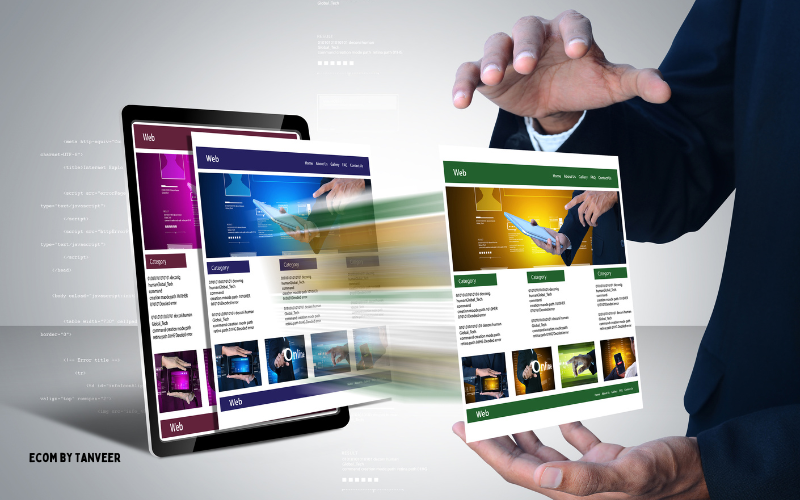In the dynamic landscape of e-commerce, the effectiveness of your product pages plays a pivotal role in converting browsers into buyers. This guide delves deep into the art and science of enhancing product pages, ensuring that each element—from the visuals to the verbiage—works harmoniously to engage customers and drive sales.
Mastering Product Page Enhancements
The Power of High-Quality Images
Images are the cornerstone of customer interaction on a product page. They serve as the primary sensory touchpoint and must:
- Be high-resolution and zoomable to allow detailed inspection.
- Include multiple angles and contextual usage to help visualize the product in everyday life.
- Reflect the actual product color and texture as accurately as possible.
Incorporating Videos for Enhanced Engagement
Videos can exponentially increase the perceived value of your product by:
- Demonstrating the product in action, which reduces uncertainty and builds confidence in the purchase.
- Enhancing the user engagement time on the page, which signals to search engines that your content is valuable.
Utilizing 360° Views
Offering a 360° view gives customers a sense of control over their virtual shopping experience, akin to handling a product in-store. This interactive feature can reduce cognitive dissonance and increase the likelihood of a purchase.
Crafting Compelling Content
Title and Meta Descriptions: The SEO Workhorses
Your product title and meta description are crucial not just for SEO but for grabbing shopper attention. They should:
- Include primary keywords naturally, such as “enhancing product pages.”
- Be concise yet descriptive, providing clear information about the product’s primary benefits.
Bullet Points and Their Strategic Use
Use bullet points to:
- Break down complex product features and benefits in an easily digestible format.
- Highlight key selling points that address common customer pain points.
Expanding Product Descriptions
A robust product description:
- Tells a story about the product that aligns with your brand’s voice.
- Provides all necessary details about functionality, dimensions, and any additional features.
- Answers potential questions a customer might have, pre-empting doubts and reinforcing the purchase decision.
SEO and Technical Optimization
Keyword Integration Throughout
Incorporate relevant keywords seamlessly into:
- Headers and subheaders.
- Product descriptions and bullet points.
- ALT tags and image descriptions.
Mobile Optimization
Ensure your product pages are fully responsive, meaning:
- They should load quickly on any device.
- The layout adjusts beautifully to any screen size, enhancing user experience and accessibility.
Loading Speed and Its Impact
Optimize images and scripts to ensure your page loads swiftly. Fast loading speeds:
- Enhance user experience.
- Improve your website’s SEO ranking.
Implementing User Feedback Systems
Ratings and Reviews
Encourage customers to leave feedback by:
- Making the review process straightforward.
- Offering small incentives for reviews, such as discount codes for future purchases.
Q&A Sections
A well-maintained Q&A section can:
- Provide valuable insights into customer concerns.
- Reduce customer service inquiries by addressing common questions preemptively.
Enhancing your product pages is an ongoing process that intertwines various elements of digital marketing, SEO, and consumer psychology. By continually optimizing these pages, you ensure they perform effectively as both informational resources and persuasive sales tools.
Actionable Tips:
- Regularly update product images and videos to reflect any changes or improvements.
- Use A/B testing to find the most effective layouts and content styles for your product pages.
- Analyze customer interaction data to refine and optimize the user experience continually.

